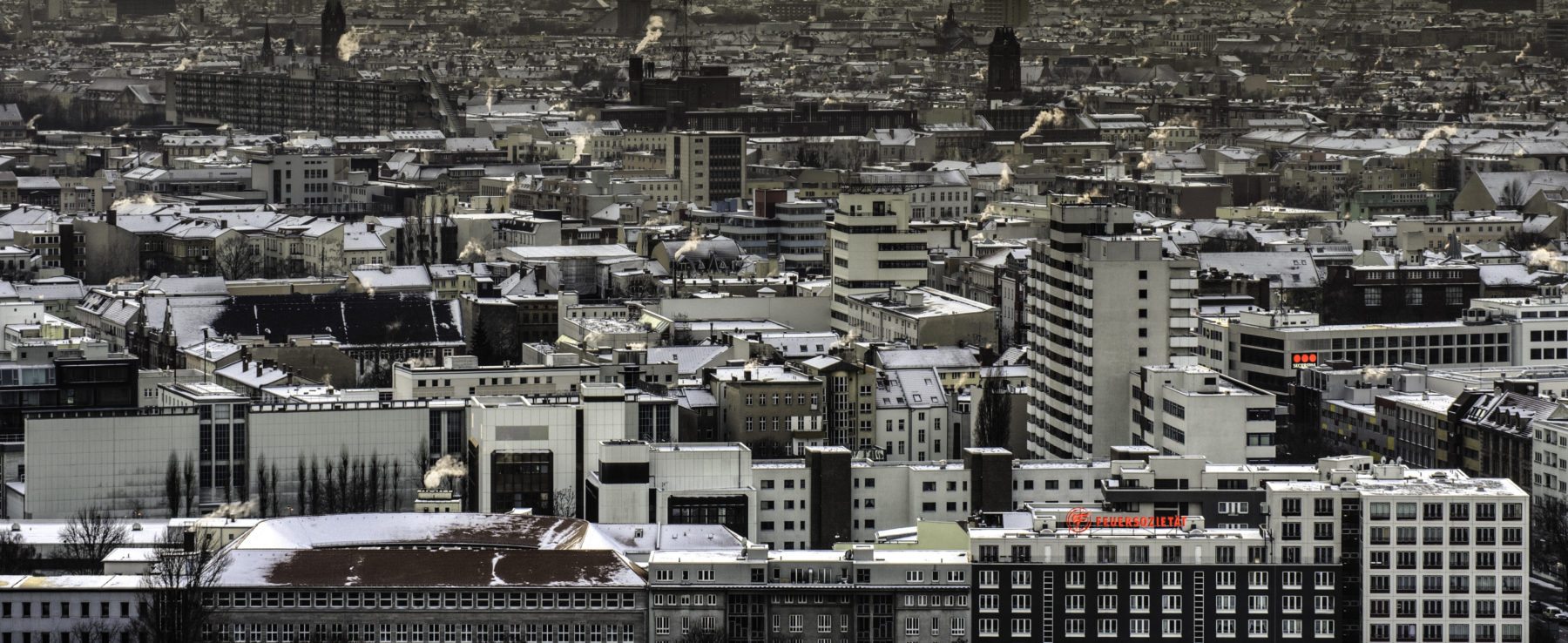The Conscious Traveller: The Ethics of AirBnB
AirBnB is big. Travel Industry Analyst Skift statistics have put AirBnB’s value at somewhere close to $30 billion. To put this in context, it is worth 30 percent more than Hilton, the world’s largest hotel company. With over 2,000,000 listings worldwide, and many of them in locations ‘traditional hotels’ would refuse to tread, AirBnB has certainly carved out a massive travel empire. But this market dominance doesn’t come without challenges or scrutiny.
Most recently, AirBnB has had to contend with growing public scorn and new municipal regulations to stop its members letting out properties without the requisite permits. It sounds dull, but has justifiably caused a stir in cities around the world. Why? Quite simply, more holiday apartments means fewer permanent homes for locals, which serves to push up the prices of the property that is available. A question we are all familiar with is one of affordable housing – or the lack thereof.
More holiday apartments means fewer permanent homes for locals, which serves to push up the prices of the property that is available
Of course, house-sharing websites are not the sole cause of this crisis plaguing big cities. Population increases in many European capitals, wider inflation, the 2008 crash, and sales of public housing to speculators decades ago – all have a part to play in making the situation we have today. In AirBnB’s defense, some suggest that such house-sharing websites are merely scapegoats for broader failings on the part of local municipalities to adequately prepare for a massive demand for affordable housing.
Some suggest that such house-sharing websites are merely scapegoats for broader failings on the part of local municipalities to adequately prepare for a massive demand for affordable housing.
Nevertheless, a wave of popular outcry, backed up by municipal lawmaking, has sought to curb the rental agency’s perceived negative influence on the wider property market. This time last year, Barcelona imposed fines of €60,000 on AirBnB for advertising apartments without permits. London, too, requires council permission to let houses out for rent for over three months. Over the past year, other cities across Europe have been following suit in tightening regulations, including Dublin, Amsterdam, Paris, and Reykjavik.
In Berlin, the regulations – which mandate that landlords must simultaneously stay in their apartment whilst letting at least half of it out (without permit) – have led to a significant drop in the number of AirBnBs available for rent. However, it is still by far Germany’s most popular destination, with almost 12,000 registered listings.
Though this sounds like a lot, AirBnB and other rental apartments only make up a minute fraction of properties in a given city. “Airbnb vs. Berlin”, an online case study of the situation in the German capital, notes that AirBnB listings make up just 0.4% of all Berlin flats. But, as always on the property market, it’s all about location. Predictably, the “hip and trendy” inner city, where most listings are found, also boasts the highest rents for Berliners. Consequently, many locals are forced to move further out.
Many locals are forced to move further out.
Air BnB is a piece in a wider property puzzle confounding European cities. While our goal is to inform (and be informed) about travelling with some worldly awareness, it seems there is no clear cut answer on this one. At an individual level, it might be worth a traveller foregoing an AirBnB and choosing a hostel, staying with a friend or a local family. While the increase in property prices might rise, I myself am more inclined to support locals who own AirBnB’s than already-thriving hotel chains. I would rather spend my money on a unique and indiviual experience of the city than a cookie-cutter hotel experience. At the end of the day, everyone needs to make their own conscious choices while travelling.

Comments